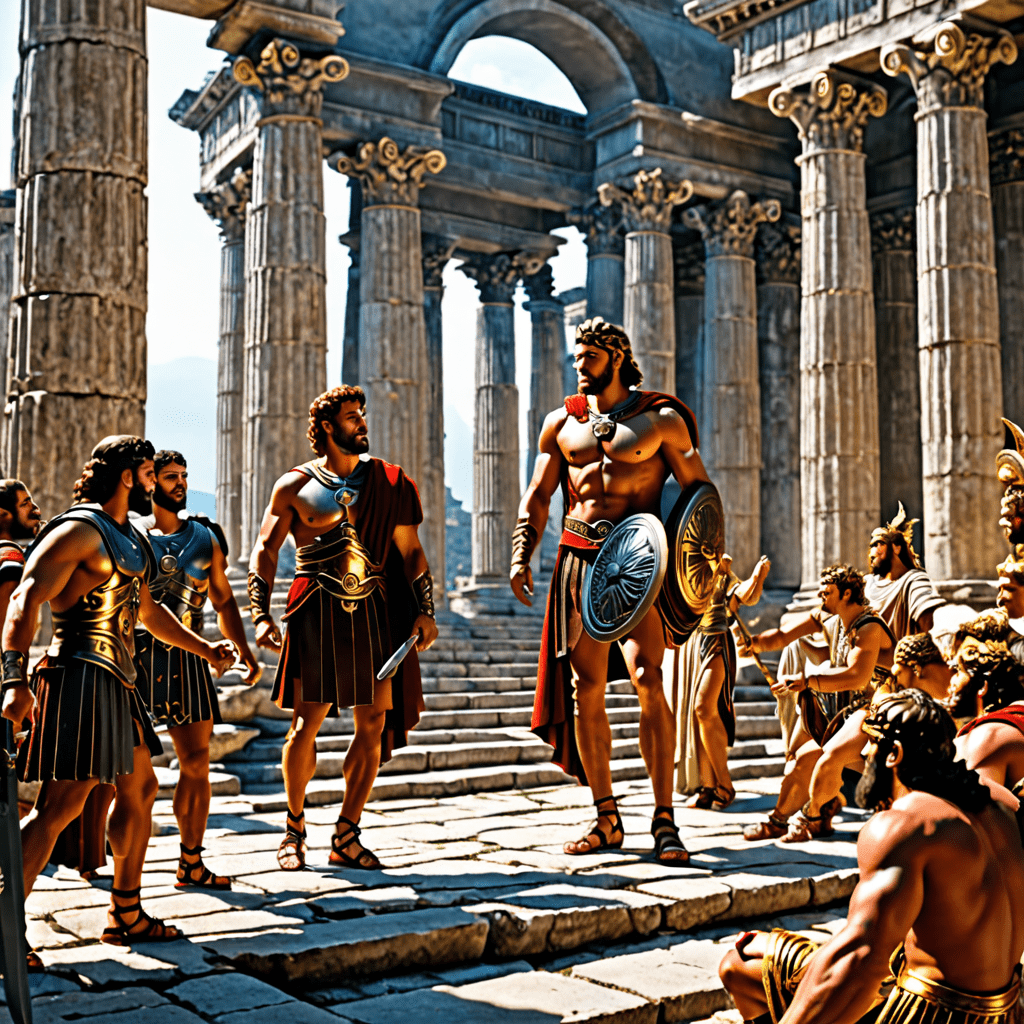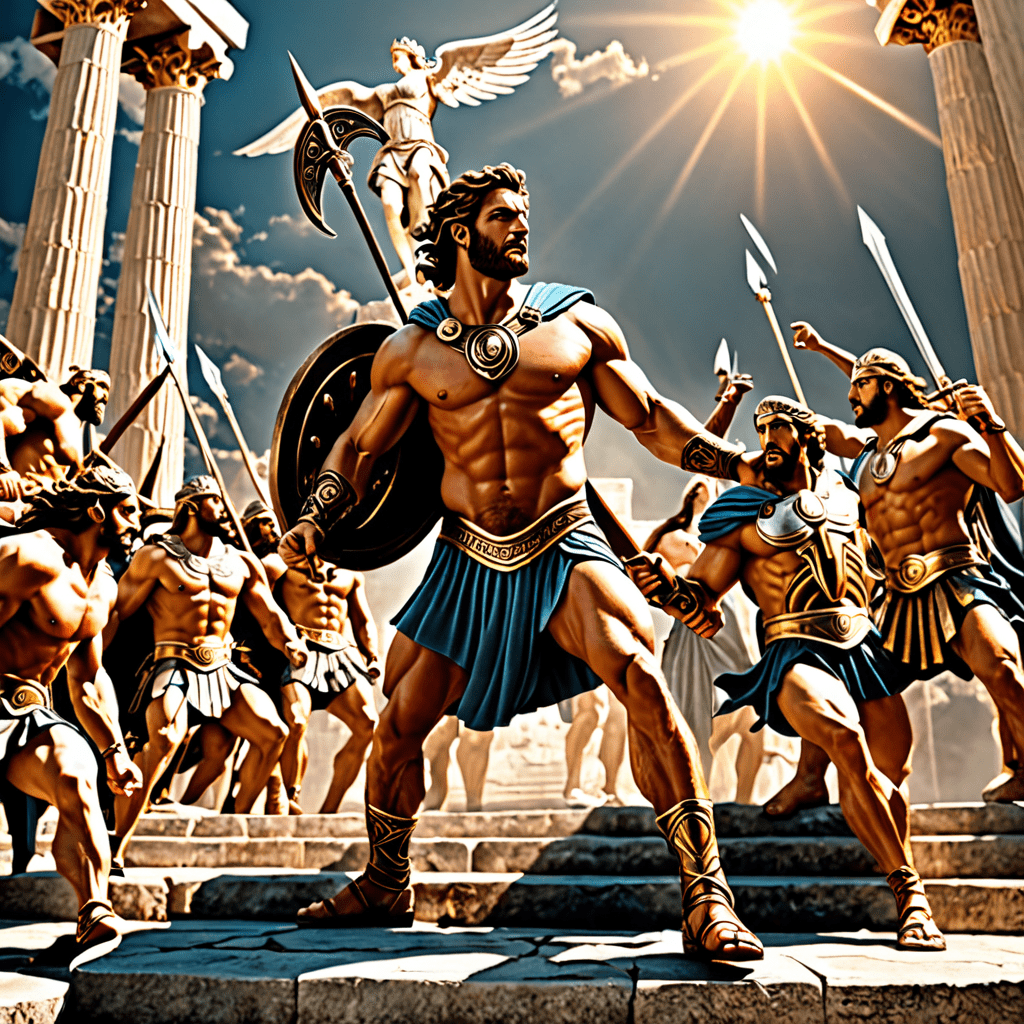The Role of Technology and Advancement in Roman Mythological Stories
Introduction to Technology in Roman Mythology
Technology and advancements in Roman mythological stories often played a significant role in shaping both the narratives and the characters within the ancient tales. While the Romans are not traditionally associated with technological prowess like the Greeks, their myths do delve into accounts of innovative creations, divine machinations, and magical pieces of technology.
Technology in the Stories of Roman Gods and Goddesses
Roman mythology is replete with instances where gods and goddesses utilized advanced technology to assert their power and influence. For example, Vulcan, the Roman god of fire and forge, was known for his exceptional skill in crafting artifacts like mighty weapons and breathtaking mechanical devices. From Aeneas’s shield to intricate chariots adorned with divine symbols, technology played a crucial role in elevating the gods to realms beyond mortal comprehension.
Humans and Technology in Roman Myths
Humans in Roman mythology often interacted with technology in fascinating ways, showcasing the blending of mythical elements with practical tools. The legendary figure Daedalus, for instance, known for his astounding inventions and mechanical marvels, exemplifies the intersection of human ingenuity and divine inspiration. Stories such as the wings crafted by Daedalus for his son Icarus blur the lines between the natural and the supernatural, underscoring the intricate relationship between mankind and innovation in Roman mythological tales.
The Symbolism of Technological Advancements in Roman Mythology
Beyond the tangible representations of technology in Roman myths, these advancements also held symbolic meanings that reverberated with the societal values and beliefs of the time. The creative prowess of deities like Minerva, goddess of wisdom and strategic warfare, resonated with the Roman ideals of ingenuity, intellect, and strategic planning. Additionally, the intricate mechanisms and enchanted devices featured in myths served as allegories for human ambitions, resilience, and the eternal quest for power and knowledge.
In conclusion, technology and advancements in Roman mythological stories serve as more than mere plot devices; they embody the complexities of human existence, the divine influence on mortal endeavors, and the enduring fascination with innovation across civilizations. Within these ancient tales, the interplay between gods, mortals, and technology weaves a rich tapestry of narratives that continue to resonate with audiences seeking both entertainment and enlightenment.
FAQ
What role does technology play in Roman mythological stories?
In Roman mythological stories, technology often appears in the form of divine or magical tools crafted by gods or skilled artisans. These advanced devices aid heroes in their quests and play pivotal roles in shaping the outcomes of legendary battles and adventures.
How do advancements influence the narrative in Roman mythology?
Advancements in Roman mythology, such as powerful weapons, enchanted objects, or ingenious inventions, serve as crucial plot devices that drive the storyline forward. These technological marvels often symbolize divine favor, intelligence, or the triumph of ingenuity over adversity in mythological tales.


